Lead, Succeed, and Inspire: An Evening with Changemakers
Lead, Succeed and Inspire: An Evening with Changemakers
Wednesday, March 14th, 2018 at 6 pm
In recognition of International Women’s Day and the International Day for the Elimination of Racism, join us for an evening of inspirational engagement.
On a daily basis we are reminded of the importance and value of creating space for dialogue on gender and racial equality as a vehicle for creating and sustaining meaningful change. This event will recognize the lives and leadership of women and people of colour as they share what it takes to lead, succeed, and inspire change.
Engage in dialogue and exchange ideas with UBC alumni, faculty, and community members who will explore issues of race and gender through an intersectional lens, and discuss efforts to make our communities, and the world, a better place for all.
Opening remarks by Minister Jody Wilson-Raybould.
Moderator
Anita Bathe – CBC Reporter, News at 6pm
Speakers
Leonora C. Angeles, Ph.D – Associate Professor, Institute for Gender, Race, Sexuality and Social Justice
Patricia Barkaskas – Academic Director, Indigenous Community Legal Clinic; Instructor, Peter A. Allard School of Law
Cicely Blain – Writer, facilitator, activist, artist, and founder, Black Lives Matter Vancouver
Shushma Datt, OBC – Top Indo-Canadian Broadcaster / i.t. Productions, SPICE RADIO 1200 AM
Event Host
Dr. Jennifer Love – UBC Senior Advisor on Women Faculty
2018 UBC Reads Sustainability with Elizabeth May
Who We Are with Elizabeth May
Join leader of the Green Party of Canada and Member of Parliament, Elizabeth May, for a riveting discussion on Canada’s role in a challenging time.
In Who We Are: Reflections on my life and on Canada, Elizabeth draws from her life experience, growing up in a politically active family in the US, to moving to a small village on Cape Breton Island. Forty five years after leaving the US as a teenager, she will reflect on the decline of US society, the rise of ignorance and the challenge for Canada. The Paris Agreement and the impact of Trump will be explored with a surprisingly hopeful conclusion.
More About Elizabeth May
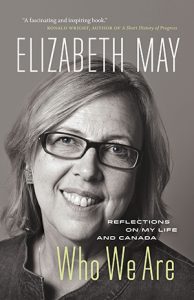
Elizabeth May is Leader of the Green Party of Canada and its first elected Member of Parliament, representing Saanich-Gulf Islands in southern Vancouver Island. In 2005, Elizabeth May was made an Officer of the Order of Canada in recognition of her decades of leadership in the Canadian environmental movement.
She graduated from Dalhousie Law School and was admitted to the Bar in both Nova Scotia and Ontario. She practiced law in Ottawa with the Public Interest Advocacy Centre prior to becoming Senior Policy Advisor to the federal minister of the Environment (1986- 1988). For seventeen years Elizabeth served as Executive Director of the Sierra Club of Canada. A proud mother and grandmother, she lives in Sidney, British Columbia.
Elizabeth is the author of eight books, including her most recent book Who We Are: Reflections on my life and on Canada.
AABC Webcast Roundtable: Audiovisual Records in a Digital Age
AABC Webcast Roundtable: Audiovisual Records in a Digital Age
The AABC is pleased to partner with the Irving K. Barber Learning Centre at UBC to present our 7th webcast roundtable on “Audiovisual Records in a Digital Age”.
Motion picture films and audio and video recordings are found in every archival collection. These visual records play an important part of documenting our history but are at risk in our modern digital age due to media degradation and format obsolescence. Our panel of speakers will share their experiences managing audiovisual records and their thoughts on access, preservation and digitization.
Joining our roundtable will be:
• Jana Grazley – Digital Archivist, City of Vancouver Archives
• Karen Knights – Manager, Crista Dahl Media Library & Archive, VIVO Media Arts Centre
• Ember Lundgren – Preservation Manager, Archives and Museum Operations, Royal BC Museum
• Shyla Seller – Archivist, Simon Fraser University Archives
• Kristy Waller – Archivist, Western Front
How can you participate?
We invite our membership and colleagues near and far to take part in the roundtable. You can take part by watching online and sending in your questions and comments that will be incorporated into our discussion.
Email your comments and questions to aabc.advisor@aabc.ca
Send your comments and questions on Twitter using #aabcav
Previous webcasts can be found on the AABC website at http://aabc.ca/events/webcast-roundtables/
VIVO Completes Stage 1 of the Gay Games | Celebration 90 Digitization Project
Project title: The Gay Games | Celebration 90 Digitization Project (Stage 1)
Organization: VIVO Media Arts Centre
Description: The 1990 Gay Games was held in Vancouver from August 4 to 11, 1990 and was open to athletes and artists of all sexual orientations. Approximately 7,300 athletes took part in 27 sports, with another 1,500 cultural participants attending. The event was significant for being the first Canadian-based Gay Games and the first Games ever to be held outside the United States. Stage 1 of this project digitized 47 videotapes, 240 photographic negatives, and 100 pages of textual materials.
Collection URL: http://www.vivomediaarts.com/archive/gay-games-iii/
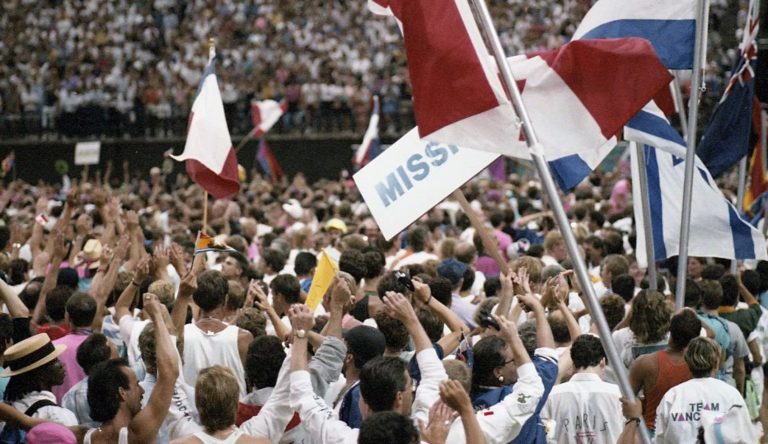
Still from Celebration ’90 Opening and Closing Ceremonies
Over 20,000 New Images Added to Museum of Vancouver’s Online Collection
Project title: BC Archaeology and Early Industry Digitization
Organization: Museum of Vancouver
Description: The goal of this project was to digitize both a significant portion of the BC Archaeological Collection and a smaller portion of the Vancouver History collection. All items in the St. Mungo Connery collection and 354 objects connected to Vancouver’s early industry were photographed and made accessible online through the openMOV database. Faster than expected digitization processes meant that archaeological surface finds from Coastal, Northern, and Interior areas of BC could also be digitized, along with a collection of 375 objects from the Glenrose Cannery archaeological site. In total, approximately 10,290 new objects were added to openMOV, accounting for 20,580 new images.
Collection URL: http://openmov.museumofvancouver.ca/collection
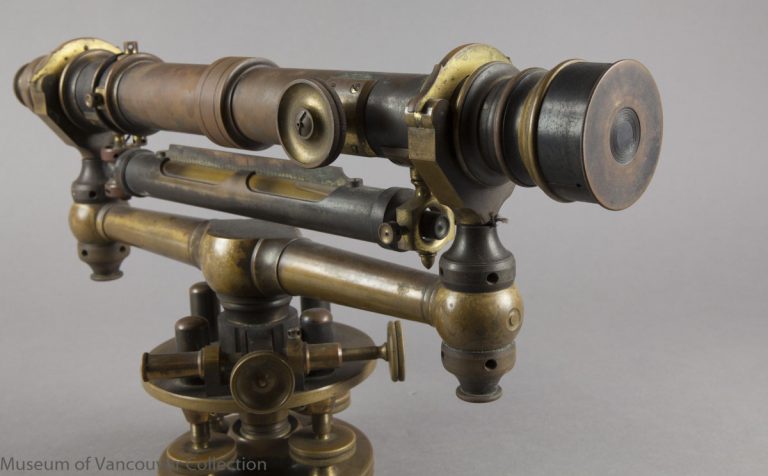
Learning Initiatives for Rural and Northern BC: 2018-19
The 2018/19 Learning Initiatives for Rural and Northern BC (LIRN BC) call for community submissions is now open.
The deadline is Friday, February 23, 2018.
Early and different this year
We are seeking more “organic” community-focused requests, without imposing a pre-determined list of available workshops.

Learning Initiatives for Rural and Northern BC (LIRN BC) is a collaborative approach to building on the capacities of rural, remote and Northern British Columbian communities. LIRN BC is listed as a project of the BC Rural Network, established in 2004.
The Irving K. Barber Learning Centre is proud to partner through LIRN BC with government and non-government organizations to provide and facilitate workshops to promote community learning and collaboration in rural and northern communities.
LIRN BC can bring trainers and facilitators to your community to deliver a learning event for residents.
The annual call for “Expressions of Interest” (EOI) occurs each year. In 2018 the timing and structure of asking for applications has changed.
In responding to the call for EOIs, applicants are asked to tell us about your community and its challenges, and identify workshop topics that will help your community move forward. If your agency is selected, you will be contacted by a LIRN BC partner who will work with you to design and deliver a learning event that meets the needs of your community. Successful applicants would be expected to provide publicity support, venue and refreshments.
Click here to download the 2018 Expressions of Interest document.
The current LIRN BC partners are:
- Association of Neighbourhood Houses BC (ANHBC)
- BC Healthy Communities (PlanH Program)
- UBC Library, Irving K. Barber Learning Centre
- Leave Out Violence (LOVE) Society of BC
- PeerNetBC
- Social Planning and Research Council of BC (SPARC BC)
- Vantage Point
- Volunteer BC
- YouthCo
For further information please contact Sarah Huebert (shuebert@sparc.bc.ca) at the Social Planning and Research Council of BC.
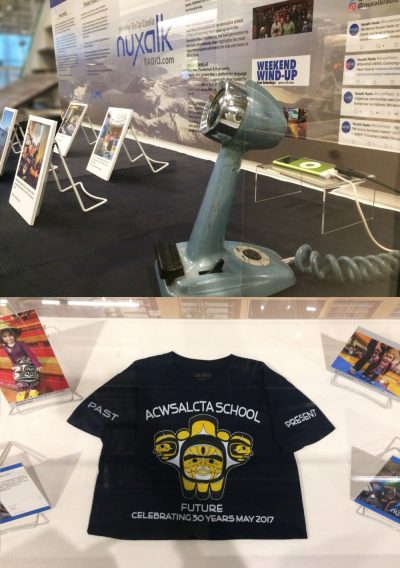 Date: March 1 to April 3, 2018
Date: March 1 to April 3, 2018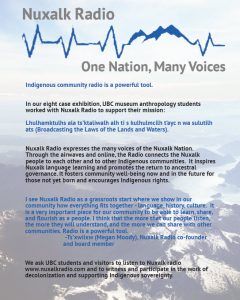
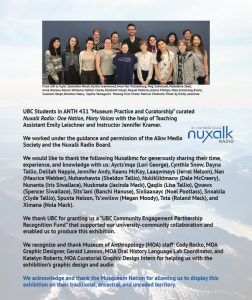
 Date: January 16 to February 13, 2018
Date: January 16 to February 13, 2018